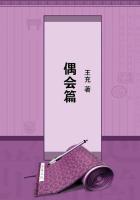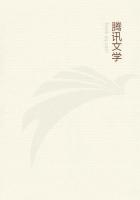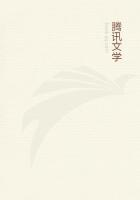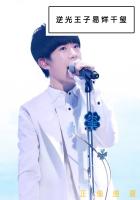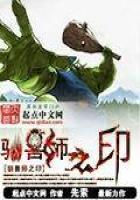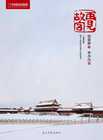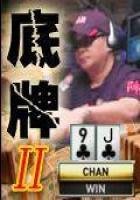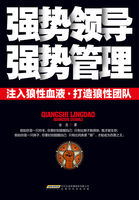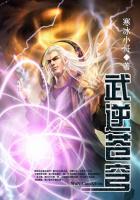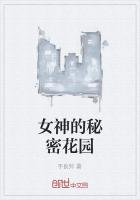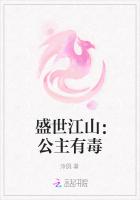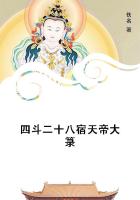In "Childhood" Tolstoy apostrophises with feeling one of those "innocents," a man named Grisha, "whose faith was so strong that you felt the nearness of God, your love so ardent that the words flowed from your lips uncontrolled by your reason. And how did you celebrate his Majesty when, words failing you, you prostrated yourself on the ground, bathed in tears " This picture of humble religious faith was amongst Tolstoy's earliest memories, and it returned to comfort him and uplift his soul when it was tossed and en-gulfed by seas of doubt. But the affection he felt in boyhood towards the moujiks became tinged with contempt when his attempts to im-prove their condition--some of which are de-scribed in "Anna Karenina" and in the "Land-lord's Morning"--ended in failure, owing to the ignorance and obstinacy of the people. It was not till he passed through the ordeal of war in Turkey and the Crimea that he discovered in the common soldier who fought by his side an un-conscious heroism, an unquestioning faith in God, a kindliness and simplicity of heart rarely pos-sessed by his commanding officer.
The impressions made upon Tolstoy during this period of active service gave vivid reality to the battle-scenes in "War and Peace," and are traceable in the reflections and conversation of the two heroes, Prince Andre and Pierre Besukhov.
On the eve of the battle of Borodino, Prince Andre, talking with Pierre in the presence of his devoted soldier-servant Timokhine, says,--"'Success cannot possibly be, nor has it ever been, the result of strategy or fire-arms or num-bers.'
"'Then what does it result from?' said Pierre.
"'From the feeling that is in me, that is in him'--pointing to Timokhine--'and that is in each individual soldier.'"
He then contrasts the different spirit animating the officers and the men.
"'The former,' he says, 'have nothing in view but their personal interests. The critical moment for them is the moment at which they are able to supplant a rival, to win a cross or a new order. I see only one thing. To-morrow one hundred thousand Russians and one hundred thousand Frenchmen will meet to fight; they who fight the hardest and spare themselves the least will win the day.'
"'There's the truth, your Excellency, the real truth,' murmurs Timokhine; 'it is not a time to spare oneself. Would you believe it, the men of my battalion have not tasted brandy? "It's not a day for that," they said.'"
During the momentous battle which followed, Pierre was struck by the steadfastness under fire which has always distinguished the Russian soldier.
"The fall of each man acted as an increasing stimulus. The faces of the soldiers brightened more and more, as if challenging the storm let loose on them."
In contrast with this picture of fine "morale" is that of the young white-faced officer, looking nervously about him as he walks backwards with lowered sword.
In other places Tolstoy does full justice to the courage and patriotism of all grades in the Rus-sian army, but it is constantly evident that his sympathies are most heartily with the rank and file. What genuine feeling and affection rings in this sketch of Plato, a common soldier, in "War and Peace!"
"Plato Karataev was about fifty, judging by the number of campaigns in which he had served; he could not have told his exact age himself, and when he laughed, as he often did, he showed two rows of strong, white teeth. There was not a grey hair on his head or in his beard, and his bearing wore the stamp of activity, resolution, and above all, stoicism. His face, though much lined, had a touching expression of simplicity, youth, and innocence. When he spoke, in his soft sing-song voice, his speech flowed as from a well-spring. He never thought about what he had said or was going to say next, and the vivacity and the rhythmical inflections of his voice gave it a penetrating persuasiveness. Night and morn-ing, when going to rest or getting up, he said, 'O God, let me sleep like a stone and rise up like a loaf.' And, sure enough, he had no sooner lain down than he slept like a lump of lead, and in the morning on waking he was bright and lively, and ready for any work. He could do anything, just not very well nor very ill; he cooked, sewed, planed wood, cobbled his boots, and was always occupied with some job or other, only allowing himself to chat and sing at night. He sang, not like a singer who knows he has listeners, but as the birds sing to God, the Father of all, feeling it as necessary as walking or stretching himself.
His singing was tender, sweet, plaintive, almost feminine, in keeping with his serious countenance.
When, after some weeks of captivity his beard had grown again, he seemed to have got rid of all that was not his true self, the borrowed face which his soldiering life had given him, and to have become, as before, a peasant and a man of the people. In the eyes of the other prisoners Plato was just a common soldier, whom they chaffed at times and sent on all manner of er-rands; but to Pierre he remained ever after the personification of simplicity and truth, such as he had divined him to be since the first night spent by his side."
This clearly is a study from life, a leaf from Tolstoy's "Crimean Journal " It harmonises with the point of view revealed in the "Letters from Sebastopol" (especially in the second and third series), and shows, like them, the change effected by the realities of war in the intolerant young aristocrat, who previously excluded all but the comme-il-faut from his consideration. With widened outlook and new ideals he returned to St.
Petersburg at the close of the Crimean campaign, to be welcomed by the elite of letters and courted by society. A few years before he would have been delighted with such a reception. Now it jarred on his awakened sense of the tragedy of existence. He found himself entirely out of sym-pathy with the group of literary men who gath-ered round him, with Turgenev at their head.

